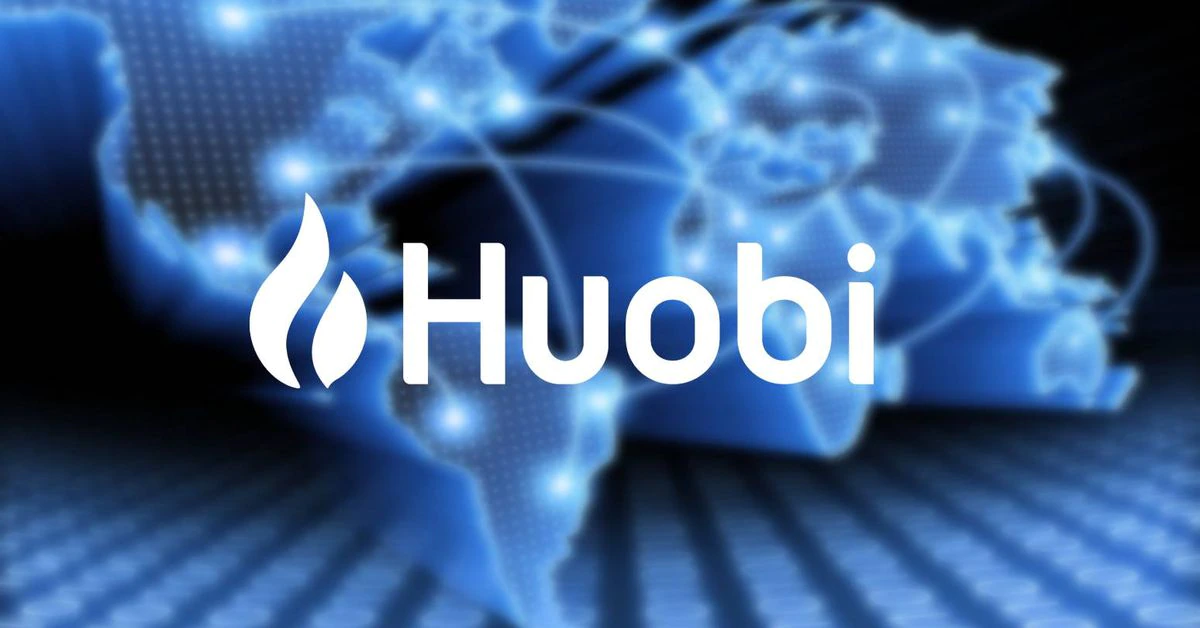The trillion-dollar tech giants of the future will likely come from the world of crypto. Blockchain and encrypted assets are revolutionizing industries worldwide. By operating in a new world with no borders, their applications are transforming many aspects of the old regime.
Trading platforms play a vital role within the blockchain ecosystem, acting as essential infrastructure and market makers for the industry’s growing base of global traders. The competitive landscape of these trading platforms indicates they may very well become the global financial institutions of our future, on a par with the likes of Goldman Sachs and JPMorgan. However, many traditional financial institutions lack the encryption capabilities that are hardwired into the DNA of these trading platforms. And while many traditional financial institutions claim to be global, in truth they tend to be dominant only in their home markets.
Over the past few years, the crypto trading platform Huobi has elevated its position in the global blockchain ecosystem, evolving from a regional player to a truly global platform. Founded in 2013, Huobi Group has become a leader in the digital economy, making breakthroughs in core blockchain technologies and integrating blockchain technology with other industries. Huobi Group has expanded into industry blockchains, public chains, digital assets trading, wallets and market research, all of which fit with the company’s goal of building a global ecosystem for the digital economy.
By 2018, Huobi’s strategic intent to go global was apparent. One by one, it set up operations centers in major crypto markets including Singapore, Japan, South Korea, the United States, the United Kingdom and Canada. Huobi is also at the forefront of crypto regulations, having successfully won Type 4 MSB (advising on securities) and Type 9 (asset management) licenses issued by the Hong Kong Securities Regulatory Commission, as well as digital currency licenses issued by the Financial Services Agency of Japan.
Huobi understands that the global blockchain industry will become increasingly regulated as its influence grows and governments seek to protect investors. Huobi’s goal is to obtain crypto operating licenses wherever they are needed in the world so it can allow people everywhere to access everything blockchain has to offer.
The success of Huobi’s ECO Chain, Heco, launched in December 2020, demonstrates the company’s global capabilities. The chain was created to help developers build decentralized applications with flexibility and efficiency. Huobi raised a substantial $200 million fund to support the growth of its ecosystem. In a little over eight months, the Heco blockchain has grown to nearly 7.5 million blocks in height, and has enabled the settlement of 450 million transactions around the world. Heco is now one of the most active public chains on the planet.
Huobi’s strategy is to expand from a core cryptocurrency exchange business into a wider range of applications, specifically to drive industry blockchain adoption. An example of how this might turn out can be seen in mainstream markets. Stock exchanges in the traditional financial markets have enjoyed extraordinary market success in recent years, primarily by expanding quickly from their core businesses. HKEx, the owner of the Hong Kong Stock Exchange, has seen its share price increase almost 19 times, from HK$26 (US$3.35) to HK$485 ($62.41), in a little over 15 years, now boasting a market capitalization of HK$615 billion ($79.1 billion). HKEx did this by providing a wider range of services than its original equity listing and exchange business.
Similarly, Huobi aims to be the leading digital economy company by providing safe and reliable Internet of Value (IoV) services for users across hundreds of countries and regions. With basic blockchain services at its core, Huobi is building a blockchain industry ecosystem that integrates technology with digital asset research, all through its safe and open platform.




